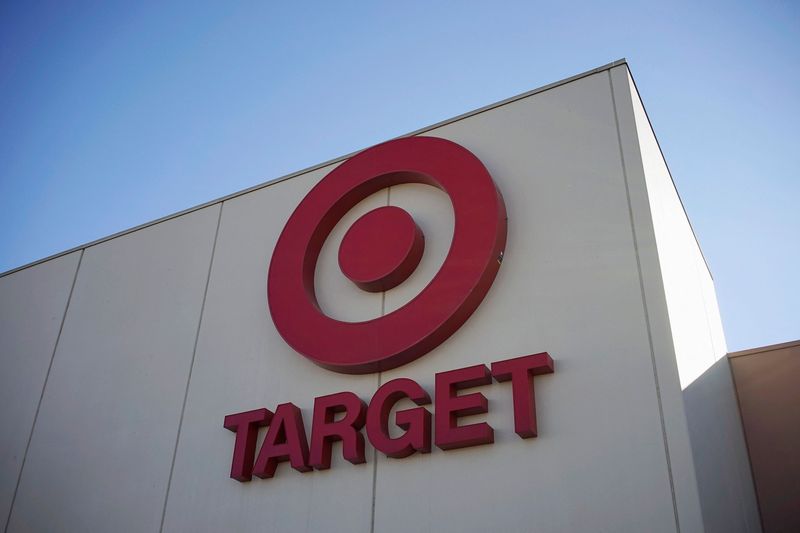BEIJING – China’s commerce ministry hopes the United States will remove tariffs on Chinese goods and stop cracking down on Chinese firms as soon as possible, ministry spokersperson Shu Jueting told regular news conference on Thursday.
A stable and healthy bilateral trade relations will help stabilize global supply chains and the global economic recovery, Shu said after a U.S.-China Business Council report said China is still an important export destination for the United States.
(Reporting by Beijing News Room)





























